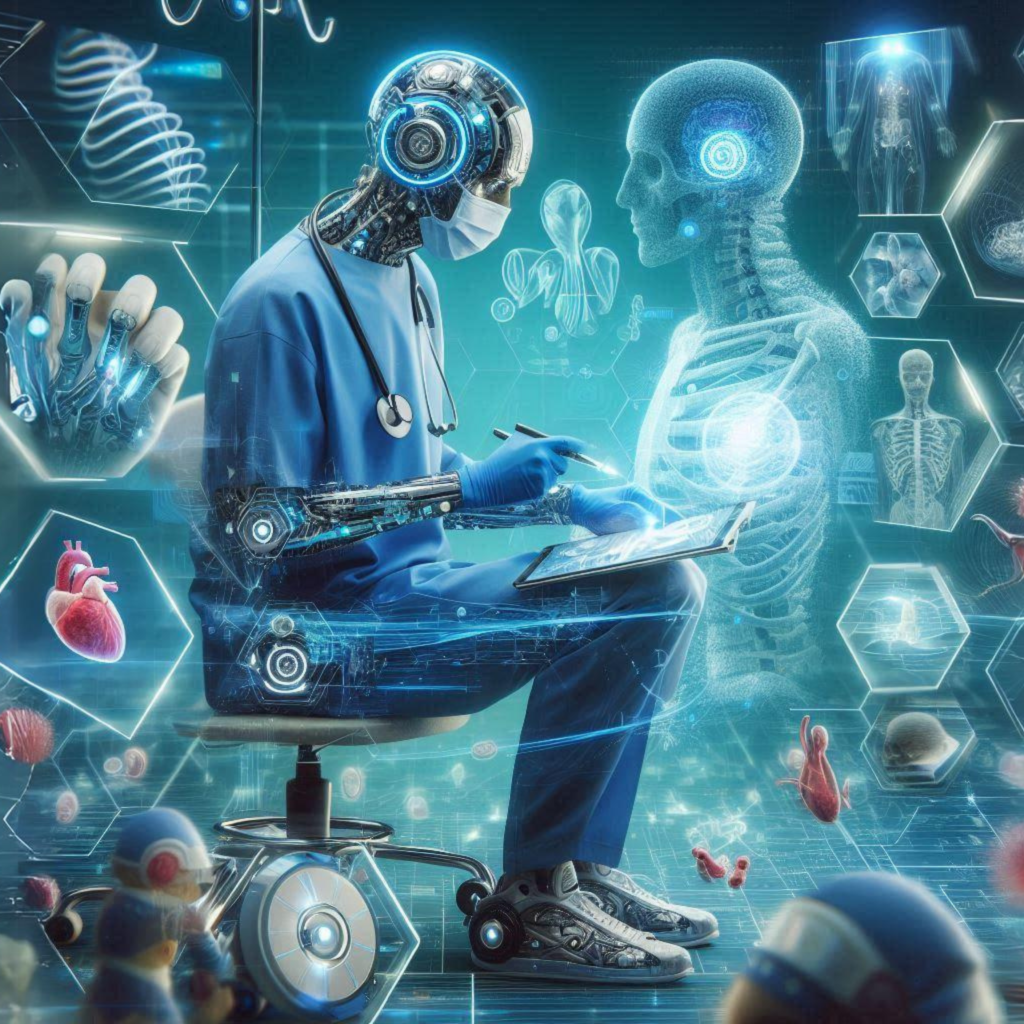
Generative AI, driven by advanced models like GPT-4, has the potential to revolutionize the healthcare industry by streamlining clinical documentation, analyzing unstructured data, and improving private payer operations. However, there are challenges such as data security, as patient healthcare information is sensitive and must be protected. A person in the loop is essential to ensure that generative AI provides helpful recommendations, as sometimes false results may occur. Despite these challenges, generative AI has the potential to unlock $1 trillion in improvement potential in the sector. Therefore, it is crucial to ensure data security and maintain a human presence in the healthcare system to ensure the success of generative AI.
Generative AI might not be what people want
Despite its enormous promise, generative AI is met with resistance and skepticism because of worries about loss of human touch, job displacement, privacy and permission, unpredictable consequences, biases, and moral quandaries in decision-making. AI technologies cannot replace the human emotional connection that human clinicians bring to the deeply personal nature of healthcare.
The development of accountability frameworks, ensuring justice and injustice, and striking a balance between automation and employment possibilities are essential to the success of generative AI. Generative AI system has drawn criticism for its shortcomings and raised questions about its effectiveness.
According to a Deloitte survey, only 53 percent of American customers thought generative AI might make healthcare more accessible or reduce wait times for appointments. But because generative AI can’t handle complicated medical queries or crises, Andrew Borkowski, chief AI officer at the VA Sunshine Healthcare Network, cautions that generative AI deployments might be premature. Research has revealed that generative AI chatbots, like ChatGPT, perform poorly on medical administrative chores and diagnose pediatric illnesses incorrectly 83% of the time. According to Borkowski and other proponents, depending only on generative AI in the medical field may result in incorrect diagnosis, ineffective therapies, or even potentially fatal circumstances.
Generative AI can perpetuate stereotypes
OpenAI’s generative AI system has drawn criticism for its shortcomings and raised questions about its effectiveness. According to a Deloitte survey, only 53 percent of American customers thought generative AI might make healthcare more accessible or reduce wait times for appointments.
But because generative AI can’t handle complicated medical queries or crises, Andrew Borkowski, chief AI officer at the VA Sunshine Healthcare Network, cautions that generative AI deployments might be premature. Research has revealed that generative AI chatbots, like ChatGPT, perform poorly on medical administrative chores and diagnose pediatric illnesses incorrectly 83% of the time. According to Borkowski and other proponents, depending only on generative AI in the medical field may result in incorrect diagnosis, ineffective therapies, or even potentially fatal circumstances.
Beyond chatbots
Researchers believe that medical imaging could be greatly enhanced by generative AI. A technique known as complementarity-driven deferral to clinical workflow (CoDoC) was found to minimize clinical processes by 66% in a study published in Nature. When it came to categorizing possible pancreatic tumors on X-rays, Panda, an AI model, performed remarkably well. Clinical research fellow Arun Thirunavukarasu of the University of Oxford thinks that generative AI will be used in a variety of healthcare jobs in the near and medium future.
Rigorous science
Borkowski draws attention to the serious security and privacy issues related to the application of generative AI in healthcare. Patient confidentiality and trust are at danger due to the sensitive nature of medical data and their misuse. The World Health Organization has published standards that support transparency, human monitoring and auditing, and effect evaluations of AI. Encouraging a broad cohort to participate and giving them a chance to voice concerns and suggestions along the way are the objectives. Widespread use of medical generative AI carries some risk for patients and the healthcare sector overall if proper protections are not put in place.





4 Comments
[…] Generative AI is coming for healthcare, and not everyone’s thrilled […]
[…] Generative AI is coming for healthcare, and not everyone’s thrilled […]
[…] Generative AI is coming for healthcare, and not everyone’s thrilled […]
[…] Generative AI is coming for healthcare, and not everyone’s thrilled […]